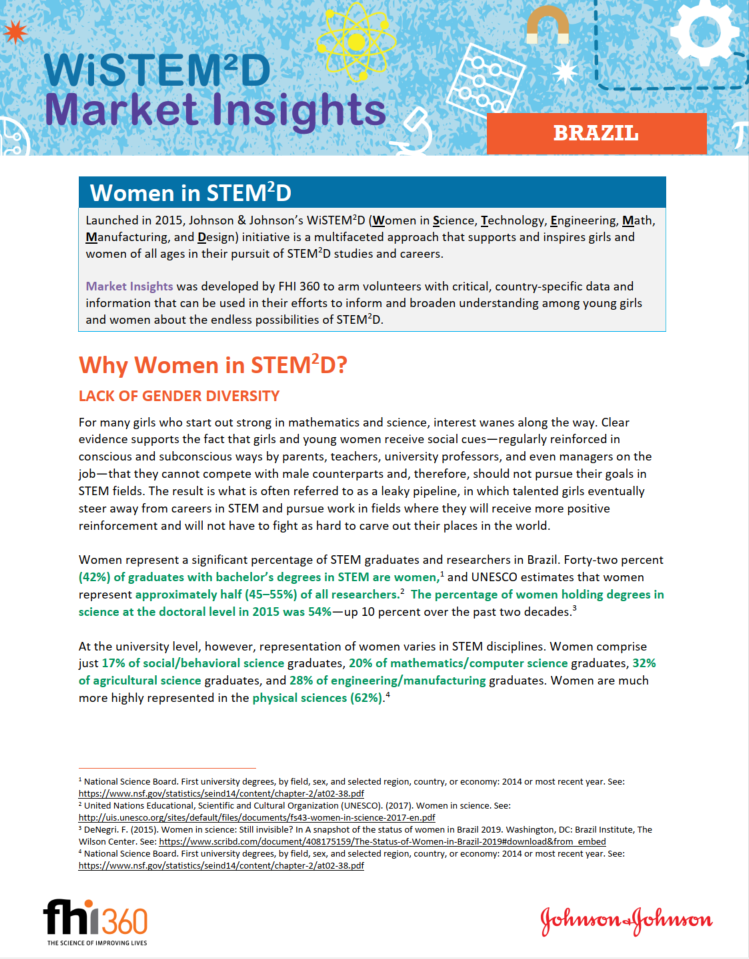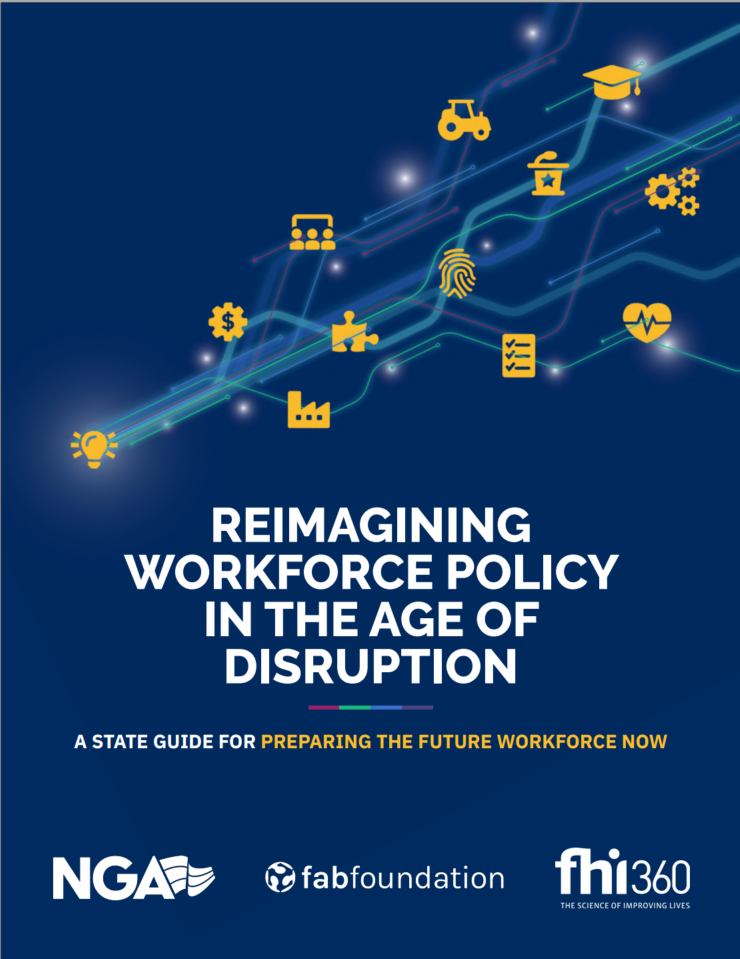Critical, country-specific data and information about the growing demand for STEM²D talent and the status of a diverse talent pipeline. Customized Market Insights are available for countries throughout Africa, Asia, Europe, Middle East, North America, Latin America, and South America. Click your language below to download the PDF for the country of your choice.
Countries
- Argentina English | Spanish
- Australia English
- Austria English | German
- Belgium English
- Brazil English | Portuguese
- Colombia English | Spanish
- Costa Rica English | Spanish
- Dominican Republic English | Spanish
- France English
- Germany English | German
- Hungary English | Hungarian
- India English
- Indonesia English | Indonesian
- Ireland English
- Israel English | Hebrew
- Italian English | Italian
- Malaysia English | Malay
- Mexico Spanish
- Netherlands English
- Panama English | Spanish
- Philippines English
- Romania English | Romanian
- Russia English | Russian
- South Africa English
- Spain English | Spanish
- Sweden English | Swedish
- Switzerland English


